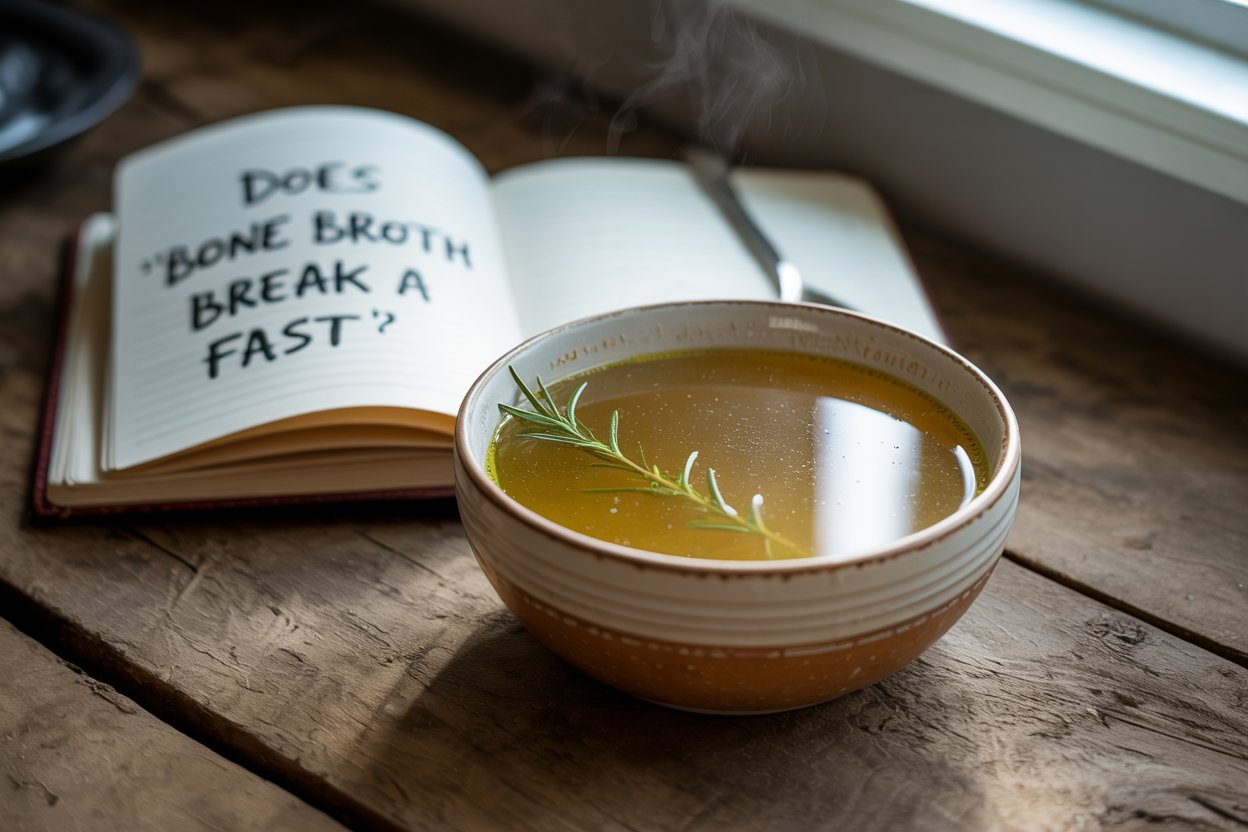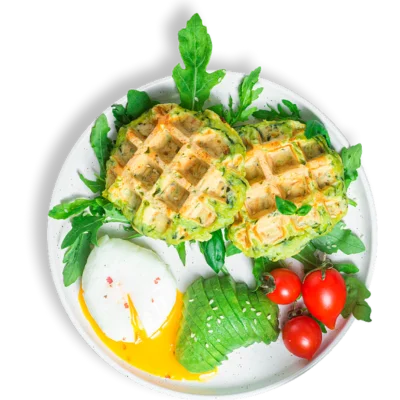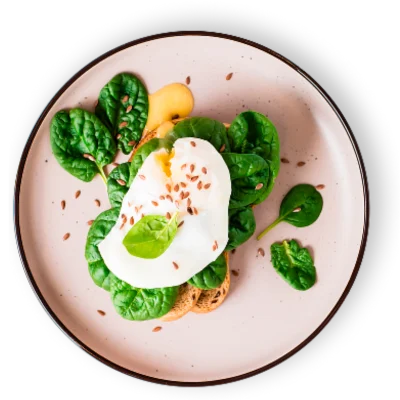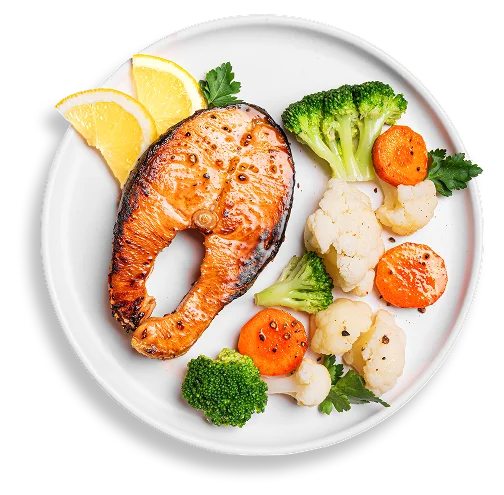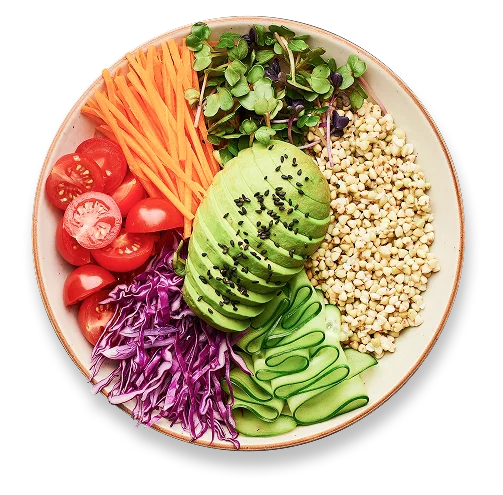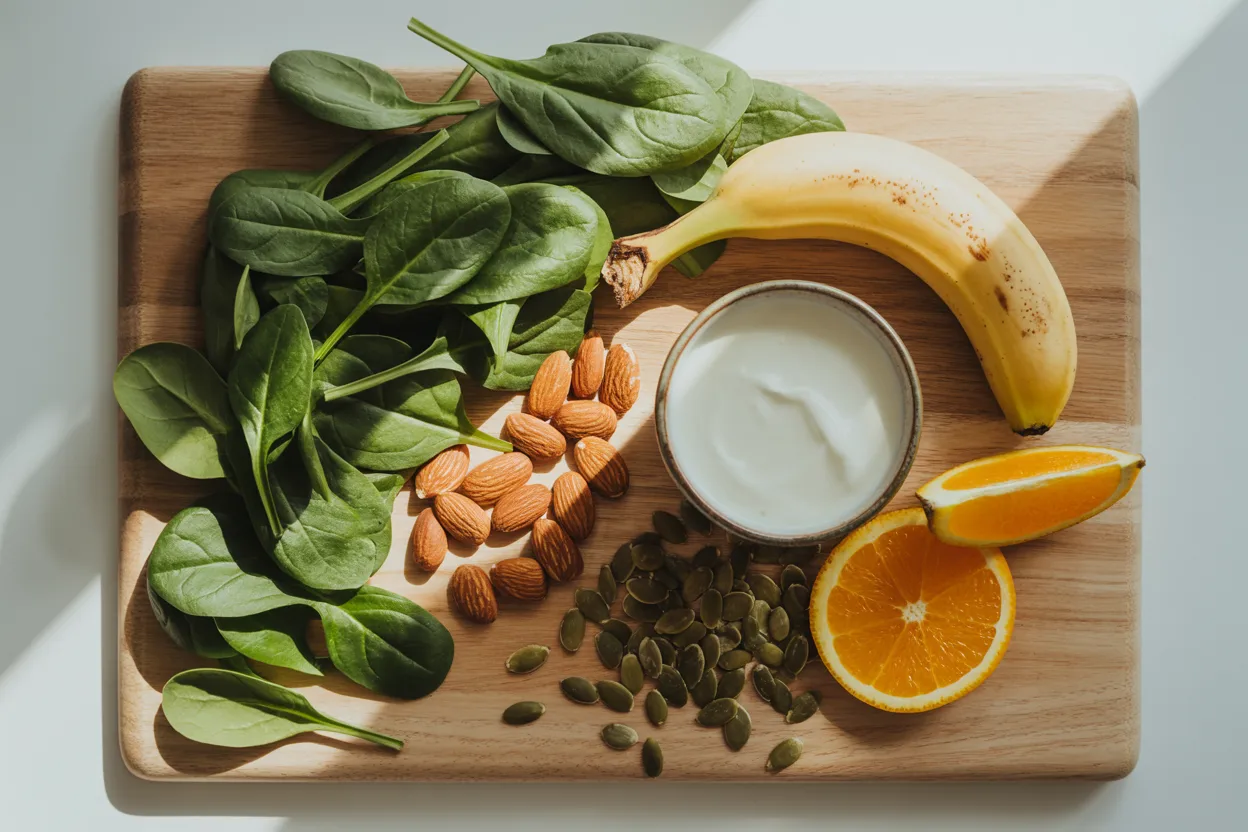Bone broth is warm, savory, and easy to sip—but for fasting, it isn’t “free.” In a clean fast (water, black coffee, plain tea only), a cup of bone broth (about 45–60 kcal and 7–10 g protein) does break the fast. In a modified fast, some people use a small serving strategically to curb hunger and improve adherence—understanding that protein triggers some insulin and may blunt (not always stop) ketosis.
Also, set expectations: bone broth is not rich in minerals. Beyond a helpful hit of sodium, it delivers only trace calcium/potassium and negligible fat-soluble vitamins. Think of it as warm hydration with a bit of protein—not a multivitamin in a mug.
In this article, we’ll clarify when broth fits (and when it doesn’t), how it actually interacts with intermittent fasting, and how to use it wisely if you choose to include it.
What’s actually in bone broth (per 1 cup)
Treat broth as a light protein + sodium beverage—not a multivitamin. Nutrition varies, here are representative label entries.
| Product (1 cup) | Calories | Protein | Carbs | Sodium | Calcium | Potassium |
|---|---|---|---|---|---|---|
| Beef bone broth (generic) | 46 kcal | 10 g | 1 g | 370 mg | 7 mg | 53 mg |
| Chicken bone broth (generic) | 45 kcal | 10 g | 0 g | 560 mg | 12 mg | 7 mg |
| Chicken broth, ready-to-serve (not “bone”) | 15 kcal | 1.6 g | 1.1 g | 924 mg | 10 mg | 45 mg |
Not a Mineral Powerhouse (Set Expectations)
Bone broth is often marketed as “rich in minerals,” but typical servings don’t deliver meaningful amounts of most minerals or fat-soluble vitamins. Per 1 cup, beef bone broth provides about 7 mg calcium and 53 mg potassium, while chicken bone broth has roughly 12 mg calcium and 7 mg potassium—all just ~0–1% of daily needs. Sodium, however, is substantial (≈370–560 mg/cup).
Pediatric nutrition guidance from Children’s Hospital of Philadelphia echoes this: despite popular claims, commercial bone broths “are not a significant source of calcium” and shouldn’t be treated like mineral-rich foods.
Why the mismatch with the hype?
- Poor mineral transfer: Prolonged simmering extracts some minerals, but usually only in trace amounts; labels and analyses show milligram-level quantities per serving for most minerals beyond sodium.
- Low fat = low fat-soluble vitamins: Vitamins A and K are minimal or not listed on most broth labels, especially when fat is skimmed.
Does Bone Broth Break a Fast?
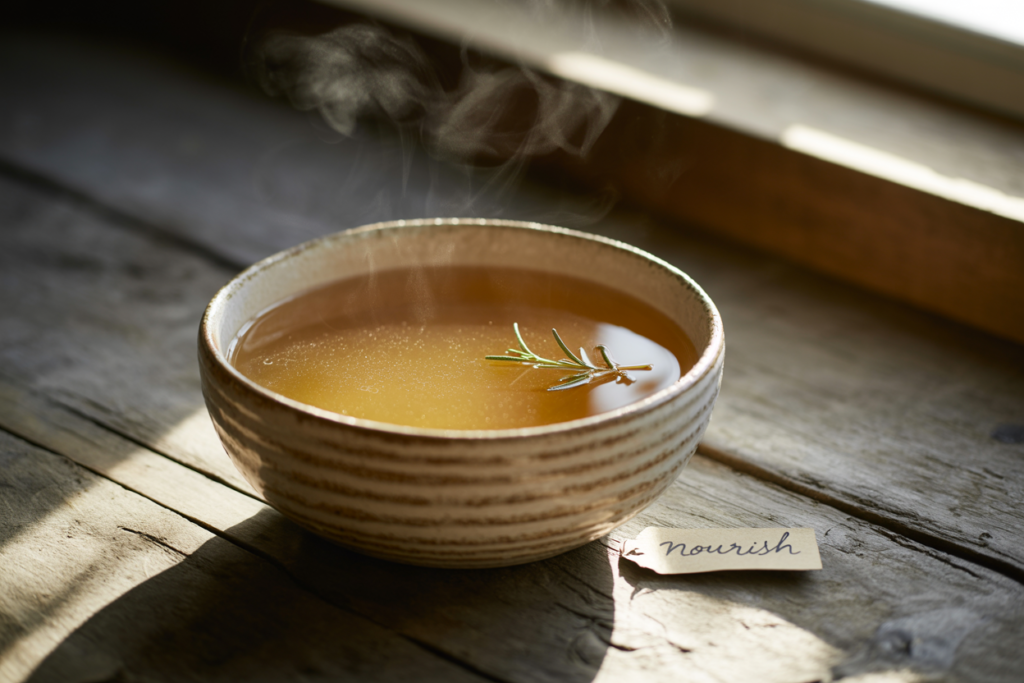
The short answer
- Clean fast? Yes—bone broth contains calories and protein, so it does break a strict (water/black coffee/unsweetened tea only) fast.
- Modified fast? Many people allow a cup of broth as an adherence tool; just note that protein triggers some insulin (even if glucose stays stable).
Ketosis, insulin, and “how much does it interrupt?”
- In most adults, meaningful ketone rise tends to occur after roughly 20–28 hours without calories (earlier with prior low-carb intake or exercise). Small amounts of protein/fat may blunt but don’t always abolish ketosis; effects are dose- and context-dependent.
- Protein is insulinotropic (it raises insulin modestly, typically alongside glucagon), so a cup of broth won’t be “insulin-neutral,” but the effect is smaller than a carb-containing meal.
Intermittent fasting offers flexibility, allowing individuals to decide whether their fasting periods are complete or if they can eat and drink small amounts of certain foods or beverages without considering their fast to be broken. This flexibility allows for personal adjustments and occasional deviations, which then make it easier for people to stick to their fasting schedule.
However, it’s important to keep in mind that bone broth has around 40-50 calories per cup—for those following a strict fast where you restrict calories, this would technically break your fast.
Practical guidance
- When to use it: Prefer eating windows. If you include it during a fast, do so knowingly (modified fast), and consider testing your own response.
- Mind the sodium: Standard broths are often high in sodium; “low sodium” on labels legally means ≤140 mg per serving—many “reduced sodium” broths still exceed that. Choose low-sodium options if you’re salt-sensitive.
- Set expectations: Bone broth is not a major source of calcium/potassium or fat-soluble vitamins; treat it as warm hydration with a little protein.
Fast-friendly alternatives (clean fast)
Water, plain unsweetened tea, and black coffee remain zero-calorie staples for a clean fast. If you need electrolytes without calories, use a truly calorie-free product during the fast and save any with calories for your eating window. (Label-check for hidden carbs/protein.)
Health Benefits of Bone Broth
Bone broth, which is rich in electrolytes, collagen, gelatin, and amino acids, can be a beneficial addition to your fasting routine. First, when you drink bone broth you increase hydration levels while also supplying the body with essential vitamins and minerals. This nourishment and electrolyte support means that bone broth can help prevent headaches that occur as a result of fasting. Thanks to its collagen, bone broth can also contribute to healthier hair, skin, and nails.
Other health benefits of bone broth include its support of gut health and its ability to decrease inflammation levels. This can support joint health and mobility. Specifically, gelatin, which is found in bone broth, contains proline and glycine, amino acids that the body uses to build connective tissue, which is the primary component of tendons and ligaments.
How To Implement Broth into Your Fasting Plan
If you’re interested in incorporating bone broth into your fasting plan, there are a few points to keep in mind.
First, since bone broth interrupts a fast, it may be best to drink broth—either plain or in a soup—only during eating windows. However, since bone broth has a low calorie content, and some experts feel as though the effect on a fast, if present at all, is minimal, it is up to you whether you choose to allow bone broth during fasting windows.
If you choose to consume bone broth at any point, ensure it is low in sodium and free from additives so that you may enjoy the nutrients without the unnecessary additions. Don’t be afraid to experiment with timing for your bone broth, either, to see how your body responds to it.
Should You Allow Bone Broth with Your Fast?
If you’re doing a clean fast, skip it. If you practice a modified fast, you can include about 1 cup deliberately to help with adherence.
Choose broth during a fast if you:
- prioritize sticking to the schedule over strict biochemical purity,
- tolerate a sodium-forward option, and
- want something warm and savory to take the edge off hunger.
Skip broth during a fast if you:
- require a clean fast for personal or experimental reasons,
- are salt-sensitive/have hypertension, or
- have concerns like gout or histamine intolerance.
If you include it, use it intentionally:
- limit to ~1 cup (≈45–50 kcal; ~9–10 g protein),
- place it later in the fast when hunger peaks, and
- choose low-sodium products; count it toward your day’s protein.
Bottom line: clean fast → no broth; modified fast → a small, purposeful serving can improve adherence.
Get started with intermittent fasting today and let Fasting App: Tracker & Timer help you track your progress and aid your success.
FAQs
Does bone broth break a fast?
- Clean fast (water, black coffee, plain tea only): Yes—bone broth has ~45–60 kcal and ~7–10 g protein per cup, so it breaks a strict fast.
- Modified fast: Many people allow a small cup to curb hunger and stick to their schedule. Expect a modest protein-driven insulin response.
What are the real benefits of bone broth during fasting?
Warmth + savory flavor for appetite control, ~10 g of easy protein, and a useful dose of sodium (which can help if you feel woozy from low salt). Think of it as a comfort tool for adherence—not a miracle food.
Is bone broth rich in minerals and vitamins?
Not really. Beyond sodium, typical broths deliver trace calcium/potassium and negligible vitamins A/K. Don’t rely on it for micronutrients.
Will bone broth kick me out of ketosis?
It can blunt ketosis because protein stimulates some insulin, but a small serving won’t always shut ketone production off. The effect depends on your total intake, timing, and how keto-adapted you are.
When’s the best time to have it?
Prefer eating windows. If you choose to include it during a fast (modified fast), use a small portion, ideally later in the fast when hunger peaks, and account for it in your plan.
What should I look for on the label?
- Protein: aim for ~9–10 g per cup (some “broths” are just 1–3 g).
- Sodium: choose low or reduced sodium if you’re salt-sensitive.
- Ingredients: bones listed (not just “stock”), no added sugars, minimal additives.
Are there people who should limit or avoid it?
Those with hypertension/salt sensitivity, gout (purines), histamine intolerance, or anyone pregnant, underweight, with an eating disorder, or on glucose-lowering meds should be cautious and talk to a clinician.
What are clean-fast alternatives to bone broth?
Plain water (still or sparkling), black coffee, and unsweetened tea. Calorie-free electrolyte water is fine if you allow non-nutritive sweeteners; if you’re strict, use plain water + a pinch of salt.
Note: “Lemon water” adds a few calories—ok for a flexible approach, but it’s not clean-fast compliant.
Does bone broth improve skin/hair/nails like collagen supplements?
Evidence for those benefits comes from collagen peptide supplements at defined doses. Bone broth’s collagen content varies widely and is usually lower, so don’t expect the same effects.

